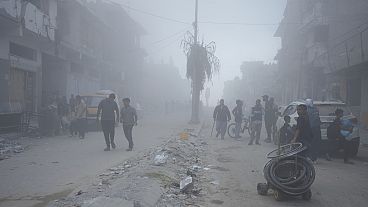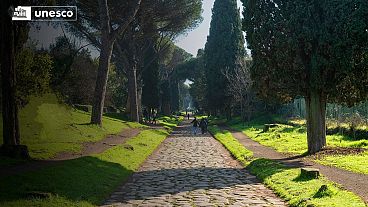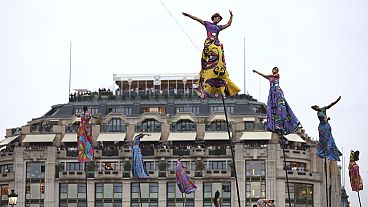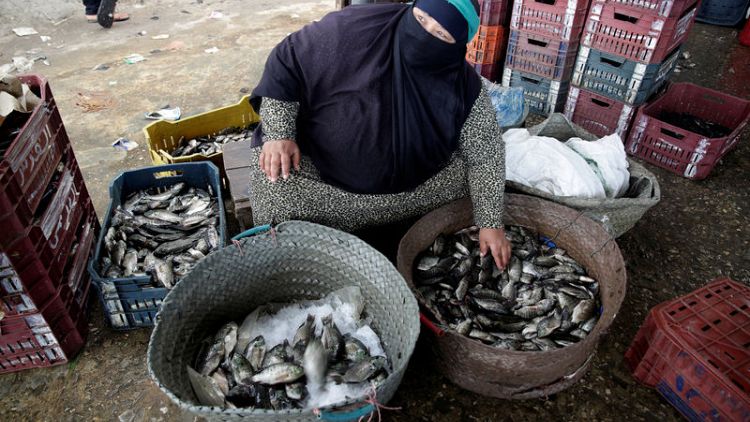EL SHAKHLUBA, Egypt (Reuters) - In Egypt's Nile Delta, Om Ahmed ponders how her two sons will be able to marry and build new homes when they only earn about 70 Egyptian pounds (3.29 pounds) from a day's fishing.
The 45-year-old mother of four said life was growing harder in El Shakhluba, a village on the southern shore of Lake Burulus in northern Egypt, a country of about 100 million people, many of whom rely on state subsidies that are being scaled back.
"What we get is barely enough for food, and I have two sons who want to get married and want to start new homes and two girls we want to prepare for marriage," said Om Ahmed, who asked to identified by her nickname which means "Mother of Ahmed" - a reference to her oldest son - rather than by her full name.
Like most women in the Muslim village of about 10,000 people, Om Ahmed tends the home while the men fish. Her husband and their two sons usually make a daily catch worth about 70 Egyptian pounds.
Shakhluba is divided by a canal that runs into Lake Burulus, which is separated from the Mediterranean by a thin strip of land. Small fishing boats, moored in front of small houses dotted along the lake shore, rock gently in the waves.
The women complained that the village fishermen, who use boats powered using a single oar, faced growing competition from engine-powered craft that added to pollution. They also said securing a fishing licence was becoming increasingly difficult.
Thabet el-Sweifi, in charge of fisheries for region that includes El Shakhlub village, said fishing permits were usually issued within 48 hours and permanent licences lasted a year.
He also told Reuters the authorities in Kafr El Sheikh governorate had met fishermen in the area to discuss grievances, including measures to protect the lake from illegal fishing and to clean up pollution.
Abeer, a mother of four, said she sold milk in the area to help make ends meet, adding that the 60 or 70 Egyptian pounds a day her husband earned from a good catch was inadequate.
"That's not enough to provide for the children," the 38-year-old said. "I have three girls and a boy, and if my husband sits for one day without work, we won't have any money to spend."
(Reporting by Hayam Adel and Ahmed Mansour,; Writing by Sami Aboudi; Editing by Edmund Blair)












